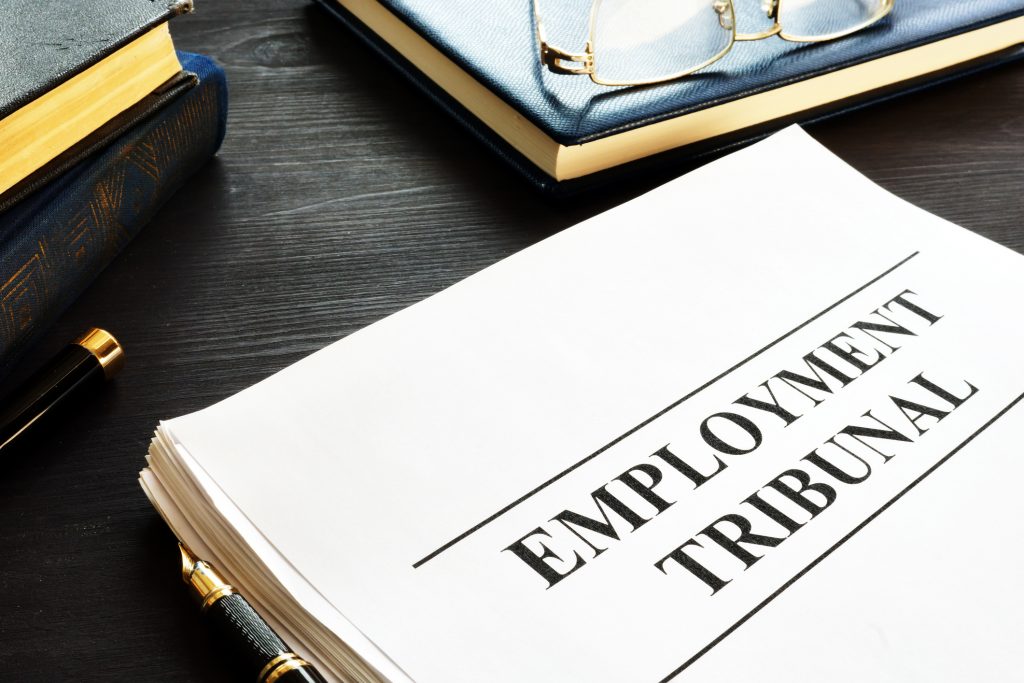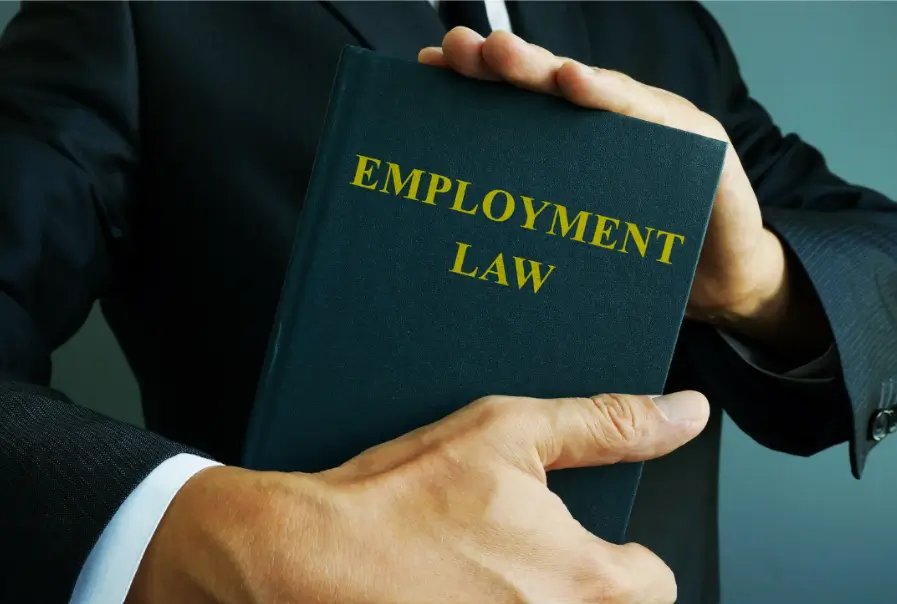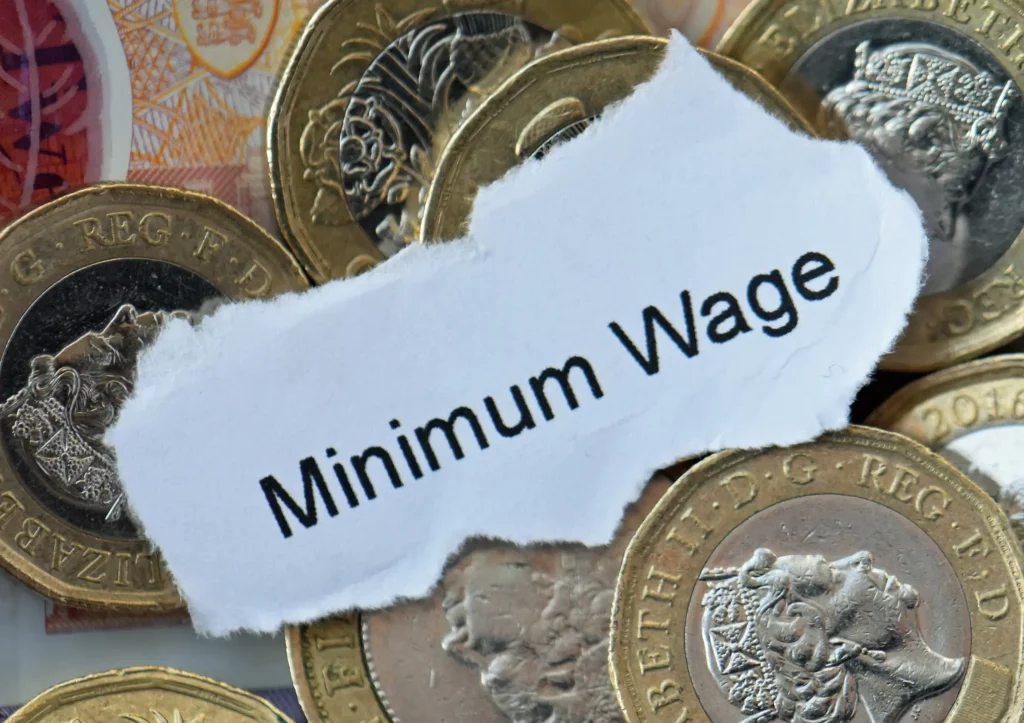Employment Law Articles
Welcome to our Employment Law Blog – your trusted source for expert insights, legal updates and practical advice on workplace rights and responsibilities.
-

UK Court Rules on Definition of Sex in Equality Law
In a landmark ruling, the UK Supreme Court has addressed the complex interplay between the Equality Act 2010 (EA 2010)...
June 19th, 2025
-

Employment Tribunal Award Limits Increase in April 2025: What Employers Should Know
Each April, statutory limits on employment tribunal compensation are updated in line with inflation and economic changes. These increases can...
May 15th, 2025
-
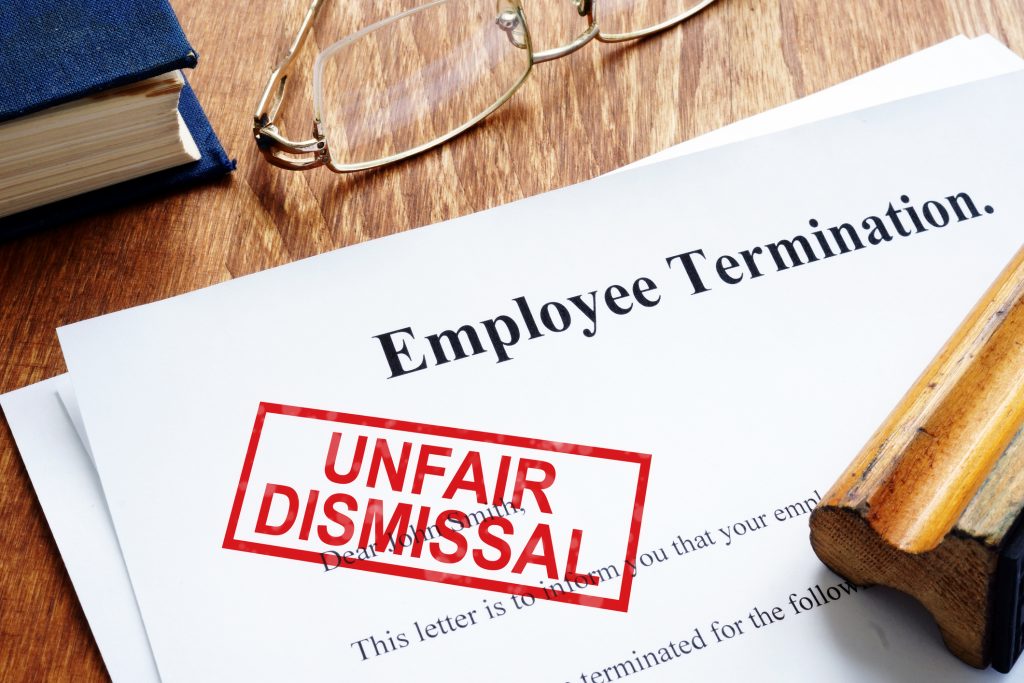
Contributory Fault in Employment Dismissals: How It Impacts Compensation Awards
Dismissals can be a challenging issue for both employers and employees. One aspect that often arises in Employment Tribunal (ET)...
April 17th, 2025
-
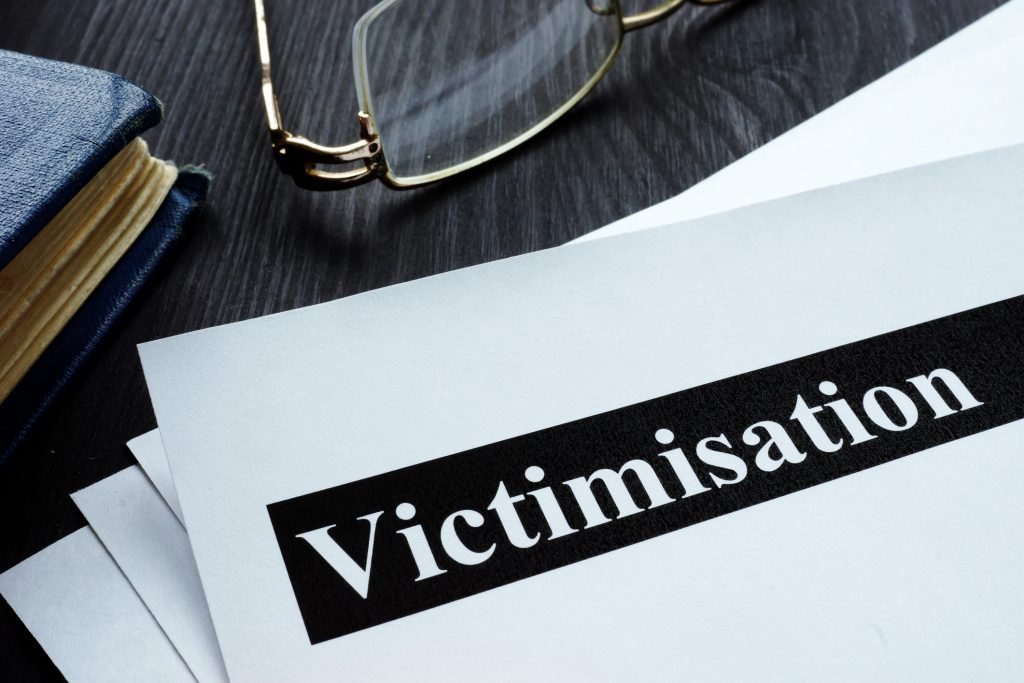
Teenager Wins £29,187 for Victimisation Claim Against Employer
Waves in the media, with headlines like “Teenager sacked for wearing trainers wins £30,000,” sparked public interest. While Ms. Benassi...
April 3rd, 2025
-
Irretrievable breakdown in the employment relationship
An irretrievable breakdown in the employment relationship refers to a situation where the trust and confidence between the employer and...
March 13th, 2025
-
Unwanted Conduct and Age Discrimination: What Employers Need to Know
Age discrimination and unwanted conduct in the workplace are increasingly under scrutiny. In recent tribunal cases, seemingly harmless comments have...
February 20th, 2025
-
2024 Employment Tribunal Updates: Legal Officers Streamline Case Management
The Employment Tribunal system has been updated with the introduction of the 2024 Procedure Rules and a Practice Statement issued...
February 6th, 2025
-
Work-Related Stress in the UK: Impact and Employer Actions
Employers have a legal duty of care to protect employees from excessive work-related stress. Failing to do so can lead...
January 9th, 2025
-
Equality Act Update: Third-Party Harassment at Work
What is unlawful harassment under the Equality Act 2010? Harassment in relation to a protected characteristic is unlawful according to...
May 29th, 2025
-
Top Employment Law Mistakes Employers Should Avoid in 2025
Navigating employment law in the UK can be a daunting task for employers. This is especially true as legislation evolves...
January 14th, 2025
-
National Minimum Wage Changes: What Employers and Employees Need to Know
The UK government has announced National Minimum Wage changes which will come into effect in April 2025. These changes are...
December 19th, 2024
-
Worker Wins Unfair Dismissal Case Over Email Error
Background of the Incident In June 2023, the employee was dismissed for gross misconduct. The employee worked for a curtain...
November 28th, 2024







